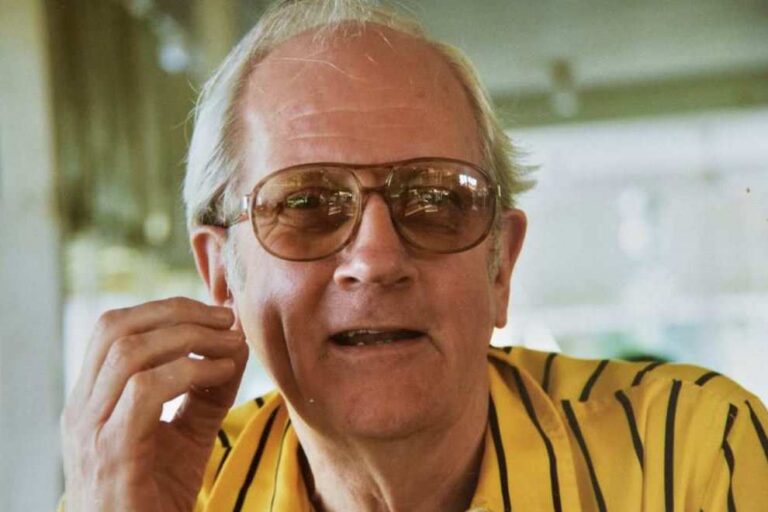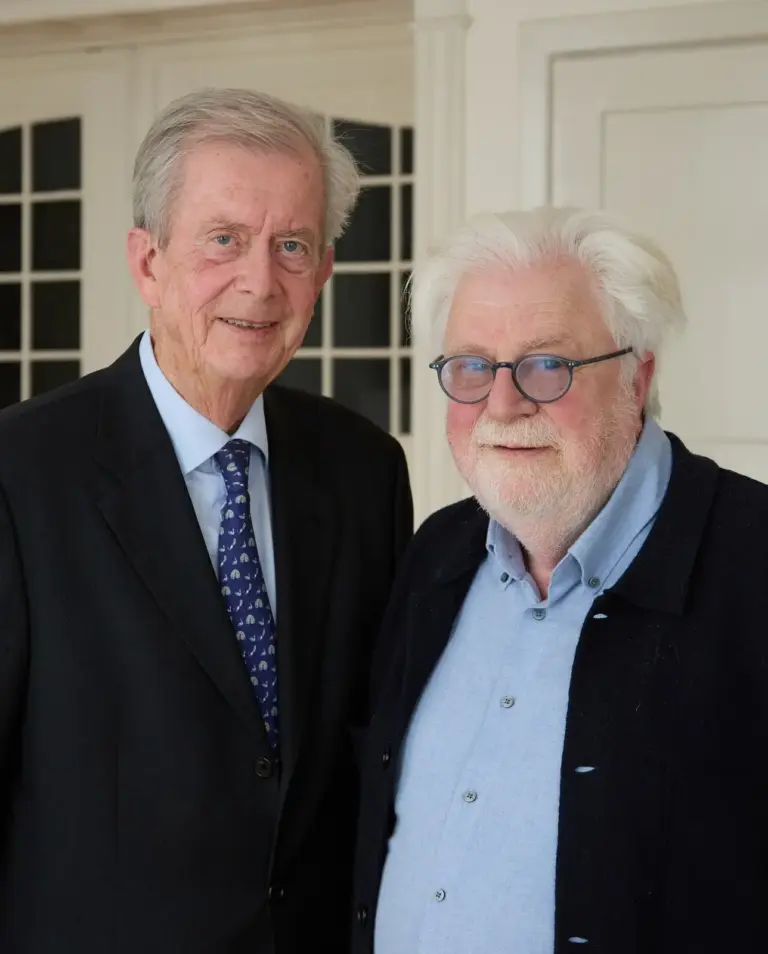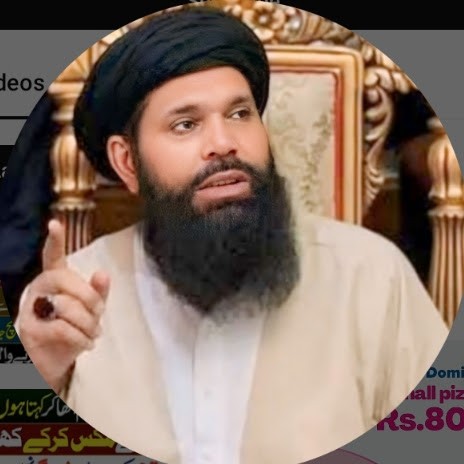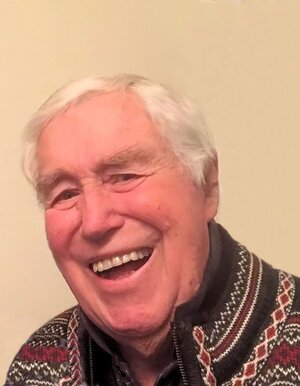What to do for media in Honduras? Dessi Damianova and Margriet Zoethout, Free Voice
We land with my colleague Margriet at the airport of Tegucigalpa (the capital of Honduras) on the evening of June 18th with a feeling of huge relief. After 4 days of intensive talks with media and journalists in Guatemala and El Salvador and after a strongly turbulent flight we are happy to have a small rest. We need to spend time thinking of what kind of regional program for media and journalists in the region would be most appropriate (and most feasible) to develop and with which organizations to do that. We hope to find more answers in Honduras.
Our consultant tried a number of times to organize as many meetings as possible. It turned out to be almost impossible to talk to media and journalists these days, as they were all nervous and tense about the coming referendum on “Cuarta Urna”, or the “Forth Ballot Box”. “People are indeed tense, especially media and journalists as they do not know what will happen if the referendum approves the president’s plans, maybe all media will be nationalized”, says Humberto Quiroz, director of C-Libre, an organization that promotes freedom of expression and access to information in Honduras. According to him some of the gaping problems of journalism in Honduras at the moment are the low quality and the lack of ethical standards. “Many media look for sensationalism, journalists are not motivated and there is a high degree of self-censorship”, adds a lawyer of C-Libre, who trains journalists how to apply better the existing legislation on access to information and how to use it for investigative reporting.
The lack of ethical standards and the “low morality of media and journalists” in Honduras is also a matter of concern for the president head of the Journalists’ Union in Honduras (CPH), Mr. Elán Reyes Pineda. We reach CPH with half-an hour delay after our taxi driver tried to find the Union’s office, which address is not exact, but orienting: the second street to the left after the gas station, then the third corner to the right behind the pharmacy. My colleague and me think it is some kind of a joke, but the taxi driver confirms that “here in Honduras, we work with points of reference, not with exact addresses”.
“There is only one option for good journalism, and it is the morality of journalists”, says Pineda is the huge empty office of the Journalistic Union. When asked about the biggest problems for journalists apart from ownership monopolies of media and violence, he states that these two are part of the reasons for certain apathy, for self-censorship and for certain fear among many journalists.
Our last stop in Honduras is at the Commission for Anti-Corruption (CNA). Margriet and me are used to visit organizations dealing with corruption, which are not so openly advertising that they are fighting corruption. The office of the CAN has huge signs above the entrance, which is guarded by a heavily armed soldier. Thelma Mejia, the director of CNA, also mentions the
decreasing quality of the media as major concern.
“There are only few outlets that dare to be critical. Many journalists, especially in the provinces, exercise very strict self-censorship”, says Mejia. She adds that, interestingly enough, the president also considers that media have bad quality, hence his plans to nationalize all private media and “professionalize it”. It probably would have sounded as a paradox if it was not a real danger, explains further Mejia.
We leave Honduras just days before demonstrations break out and the president is forced temporarily out the country. A couple of days ago several journalists were arrested and media outlets that were informing about the events were closed down temporarily. Most of the media however, almost 95 % according to some sources, were not covering the tensed political situation. At the height of the unrest Channel 6 in Honduras was continuously broadcasting children’s shows.
Source. Free Voice




